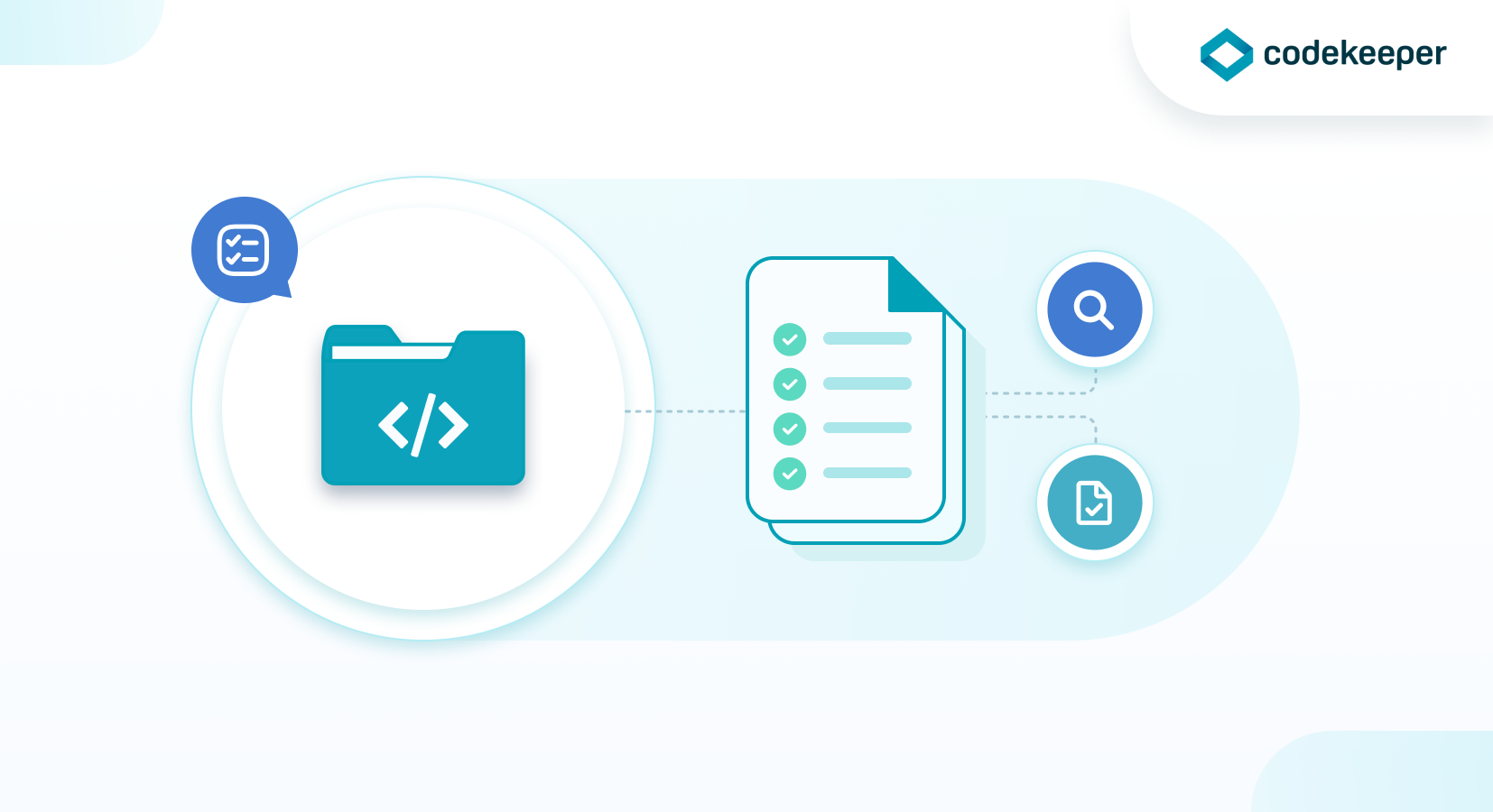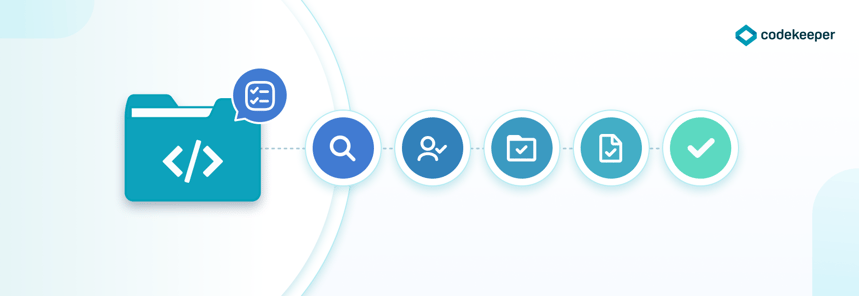Understanding the Importance of Source Code Verification
Making use of source code verification services is a crucial step in ensuring that the source code you put into escrow remains up to date and usable.

By Jo Rust
Source code verification is an essential aspect of software escrow that contributes to the overall security, stability, and legal compliance of software applications. By adhering to best practices and understanding the importance of this process, both software vendors and licensees can benefit from enhanced risk mitigation and build long-lasting business relationships founded on trust and transparency.
Source code verification is the process of evaluating the quality, completeness, and accuracy of the source code deposited in escrow. It is a critical aspect of software escrow for several reasons:
Ensuring Code Completeness: Source code verification helps ensure that the code deposited in escrow is complete and includes all necessary components, libraries, and documentation. This guarantees that the licensee can continue using, maintaining, and updating the software in the event of a release condition.Confirming Code Functionality: The verification process confirms that the code can be successfully built, compiled, and executed, ensuring its functionality. This is essential to guarantee the software's ongoing operation and maintainability by the licensee if the need arises.
Identifying Security Vulnerabilities: Source code verification involves a thorough review of the code to identify and address potential security vulnerabilities, such as unauthorized access, data leaks, or malware infections. By addressing these issues in advance, the licensee is better protected in the event of a release.
Legal Compliance: Source code verification helps ensure that the deposited code is compliant with relevant laws and regulations, such as intellectual property rights, data privacy, and export controls. This reduces the risk of legal disputes and liabilities for both the licensor and licensee.
Maintaining Trust: The verification process builds trust between the software vendor and the licensee, as it assures the latter that the deposited code is secure, functional, and legally compliant. This trust is crucial for maintaining long-term business relationships

Best Practices for Source Code Verification
To maximize the benefits of source code verification in software escrow, several best practices should be followed:
Establish Clear Verification Criteria: The software vendor and licensee should agree on specific criteria for source code verification, such as code completeness, functionality, security, and legal compliance. This ensures that both parties have a clear understanding of what constitutes a successful verification process.Engage Independent Experts: Source code verification should be conducted by an independent expert such as Codekeeper who possess the necessary technical skills and industry knowledge. This guarantees an unbiased and objective evaluation of the code.
Regular Updates and Audits: The source code should be updated and audited regularly to ensure that it remains current, secure, and compliant with applicable laws and regulations.
Confidentiality: The verification process must be conducted under strict confidentiality to protect the software vendor's intellectual property and the licensee's sensitive data. We operate under strict security protocols to ensure that your data is always protected.
We offer both automated and manual verification services. Our automated verification options include three different monthly subscription options:
Content VerificationActivity Verification
SaaS Verification
Our manual verification services include two different options for you to choose from to suit your individual needs.
Explore our verification services along with our software escrow options by clicking on the button below.
Codekeeper : State-of-the-art software escrow solutions




